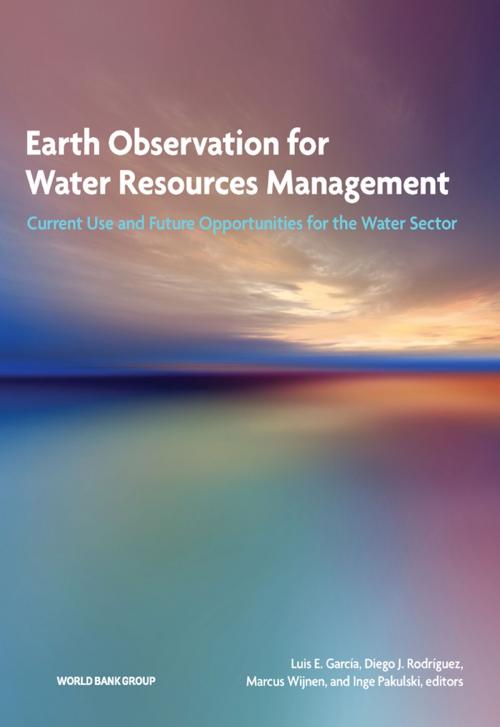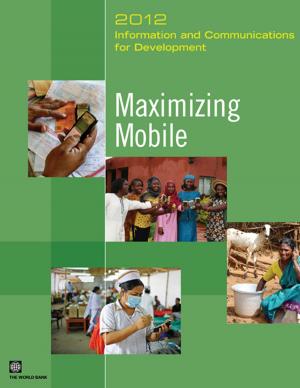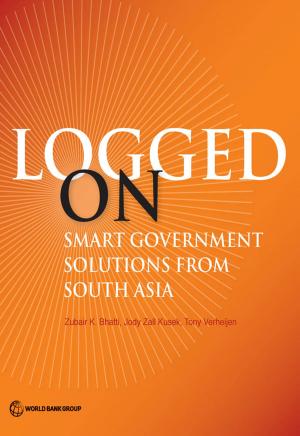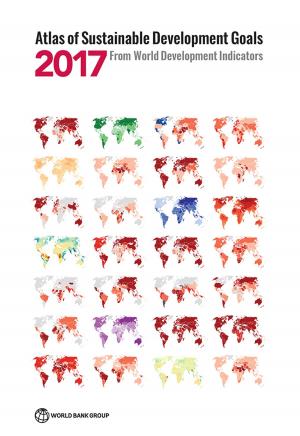Earth Observation for Water Resources Management
Current Use and Future Opportunities for the Water Sector
Business & Finance, Economics, Development & Growth, Nonfiction, Science & Nature, Nature, Environment, Environmental Conservation & Protection| Author: | ISBN: | 9781464804762 | |
| Publisher: | World Bank Publications | Publication: | April 14, 2016 |
| Imprint: | World Bank Publications | Language: | English |
| Author: | |
| ISBN: | 9781464804762 |
| Publisher: | World Bank Publications |
| Publication: | April 14, 2016 |
| Imprint: | World Bank Publications |
| Language: | English |
Water systems are building blocks for poverty alleviation, shared growth, sustainable development, and green growth strategies. They require data from in-situ observation networks. Budgetary and other constraints have taken a toll on their operation and there are many regions in the world where the data are scarce or unreliable. Increasingly, remote sensing satellite-based earth observation is becoming an alternative. This book briefly describes some key global water challenges, perspectives for remote sensing approaches, and their importance for water resources-related activities. It describes eight key types of water resources management variables, a list of sensors that can produce such information, and a description of existing data products with examples. Earth Observation for Water Resources Management provides a series of practical guidelines that can be used by project leaders to decide whether remote sensing may be useful for the problem at hand and suitable data sources to consider if so. The book concludes with a review of the literature on reliability statistics of remote-sensed estimations.
Water systems are building blocks for poverty alleviation, shared growth, sustainable development, and green growth strategies. They require data from in-situ observation networks. Budgetary and other constraints have taken a toll on their operation and there are many regions in the world where the data are scarce or unreliable. Increasingly, remote sensing satellite-based earth observation is becoming an alternative. This book briefly describes some key global water challenges, perspectives for remote sensing approaches, and their importance for water resources-related activities. It describes eight key types of water resources management variables, a list of sensors that can produce such information, and a description of existing data products with examples. Earth Observation for Water Resources Management provides a series of practical guidelines that can be used by project leaders to decide whether remote sensing may be useful for the problem at hand and suitable data sources to consider if so. The book concludes with a review of the literature on reliability statistics of remote-sensed estimations.















